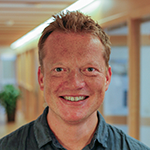
Eivind Engebretsen is a scholar of the medical humanities with emphasis on the philosophy of science. He is a professor of interdisciplinary health science at the Institute of Health and Society (HELSAM) and the Centre for Sustainable health Education (SHE), University of Oslo. He is also the Vice-Dean for Postgraduate Studies at the Faculty of Medicine, UiO and the Academic Chair of Global Health at the European University Alliance Circle U. In his research, Engebretsen has pioneered new approaches to the study of the interfaces of political ideologies (including SDGs) and knowledge production in health care, drawing on political philosophy and discourse analysis. His work has been awarded with a fellowship from the Centre for Advanced Study at the Norwegian Academy of Science and Letters. He is Founding Chair of the Faculty of Medicine’s Centre of Excellence in Sustainable Healthcare Education. Eivind Engebretsen’s personal website.
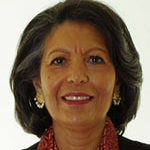
Mona Baker is a translation studies scholar. She is a co-coordinator of the Genealogies of Knowledge Research Network, Affiliate Professor at the Centre for Sustainable Healthcare Education (SHE), University of Oslo, Director of the Baker Centre for Translation & Intercultural Studies, Shanghai International Studies University, and Honorary Dean at the Graduate School of Translation & Interpretation, Beijing Foreign Studies University. Much of her current research focuses on building corpora and developing methodologies for examining the evolution and contestation of constellations of concepts across different temporal and cultural spaces, largely but not exclusively through the mediation of translators.
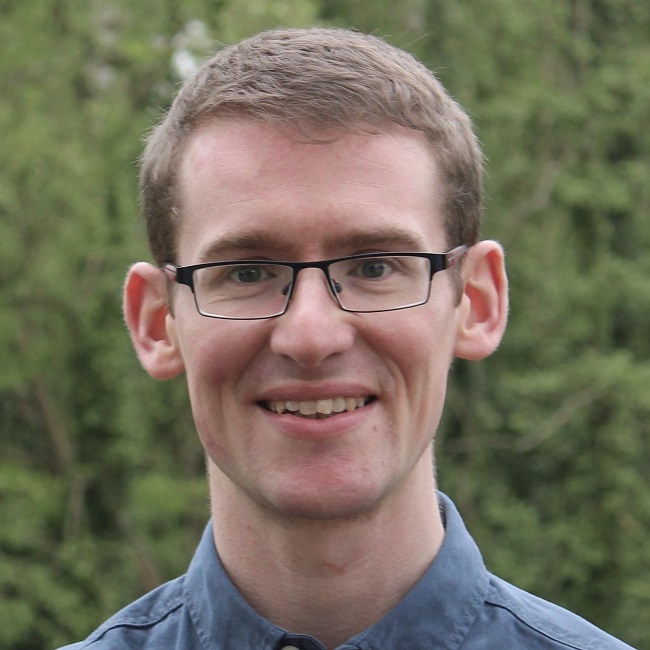
Henry Jones is a lecturer in translation studies at the University of Manchester, UK. He is a co-coordinator of the Genealogies of Knowledge Research Network and co-editor of the Routledge Encyclopedia of Citizen Media (2021). His current research interests include corpus-based translation studies, translation history, media theory and online translating communities
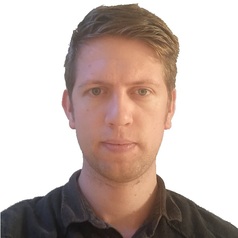
Jan Buts is an associate professor at at the Centre for Sustainable Healthcare Education (SHE), University of Oslo. He is a member of IndirecTrans and a co-coordinator of the Genealogies of Knowledge Research Network. He works at the intersections of translation theory, conceptual history, corpus linguistics and online media.
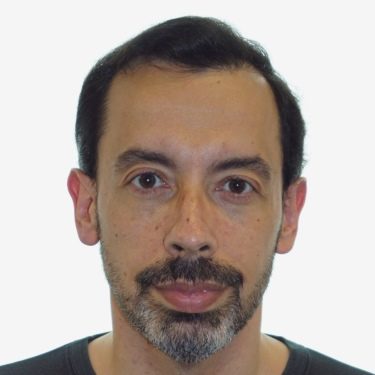
Luis Pérez-González is professor of translation studies at the University of Agder, and a member of the Agder Forum for Translation Studies. He is the author of Audiovisual Translation: Theories, Methods and Issues (2014), editor of the Routledge Handbook of Audiovisual Translation (2018), and co-editor on the Routledge Encyclopedia of Citizen Media (2021). He is Associate Editor of Target: International Journal of Translation Studies and Academic Director of the International Research School for Media Translation and Digital Culture organised by the Baker Centre for Translation and Intercultural Studies at Shanghai International Studies University.

Saturnino Luz is a reader in medical informatics at The University of Edinburgh. His reseach interests include machine learning, corpus-based natural language processing, and interfaces for visualisation of textual and temporal information, and applications of these methods in the area of medical informatics. Dr Luz leads the Technology and Communication Research Group at the Centre for Dementia Prevention, and a team of researchers working on the Horizon 2020 project SAAM.
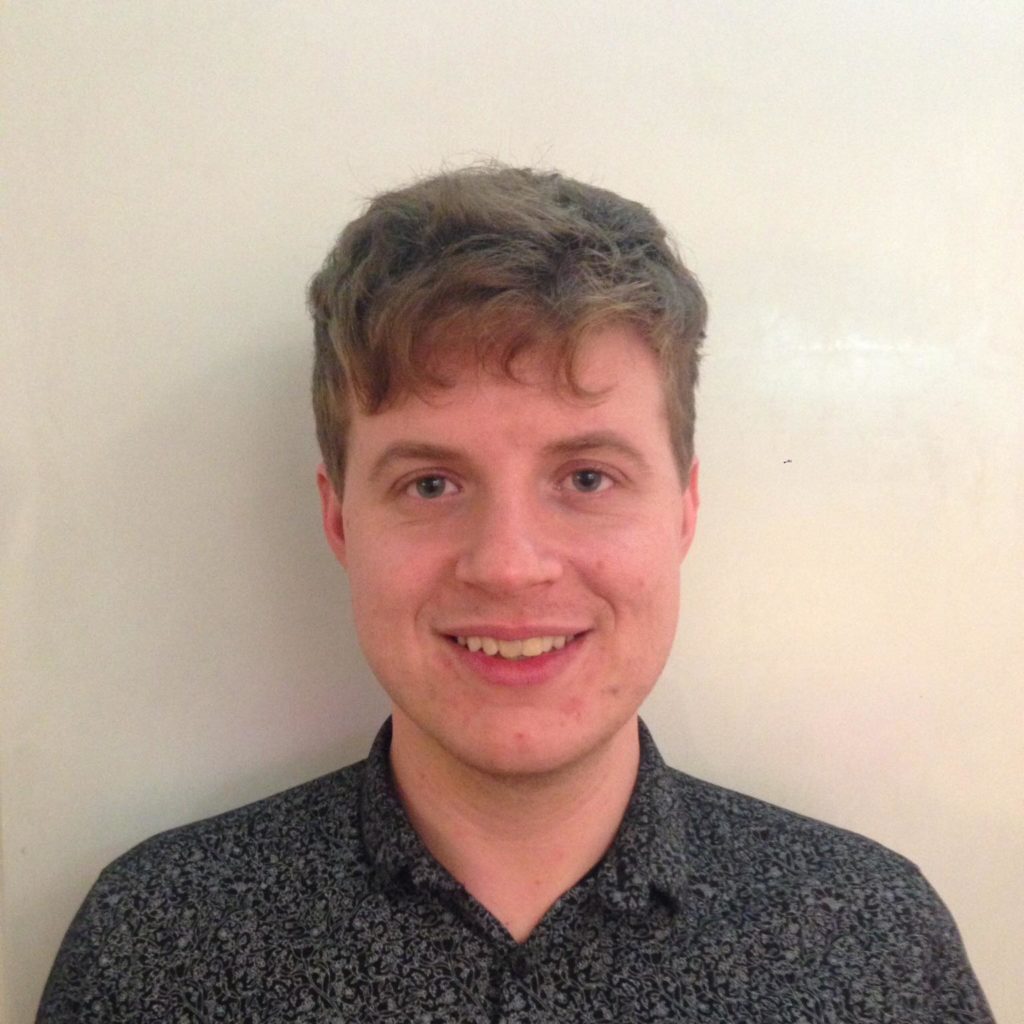
Shane Sheehan is a research fellow at the University of Edinburgh’s Centre for Medical Informatics. His research interests include data visualization and natural language processing.
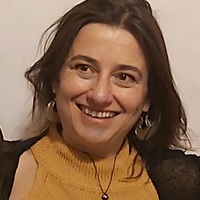
Gabriela Saldanha is a research associate at the University of Oslo’s Centre for Sustainable Healthcare Education (SHE), she is working on the development of the SHE Corpus and, within the context of the EquityAMR project, on the analysis of global and local policies to understand how they contribute to knowledge and practices affecting the global crisis in antimicrobial resistance. She is co-editor, with Mona Baker, of the Routledge Encyclopedia of Translation Studies (2020) and co-author, with Sharon O’Brien, of Research Methodologies in Translation Studies. She has published extensively on translation stylistics and is currently exploring the intersection between translation and the arts.
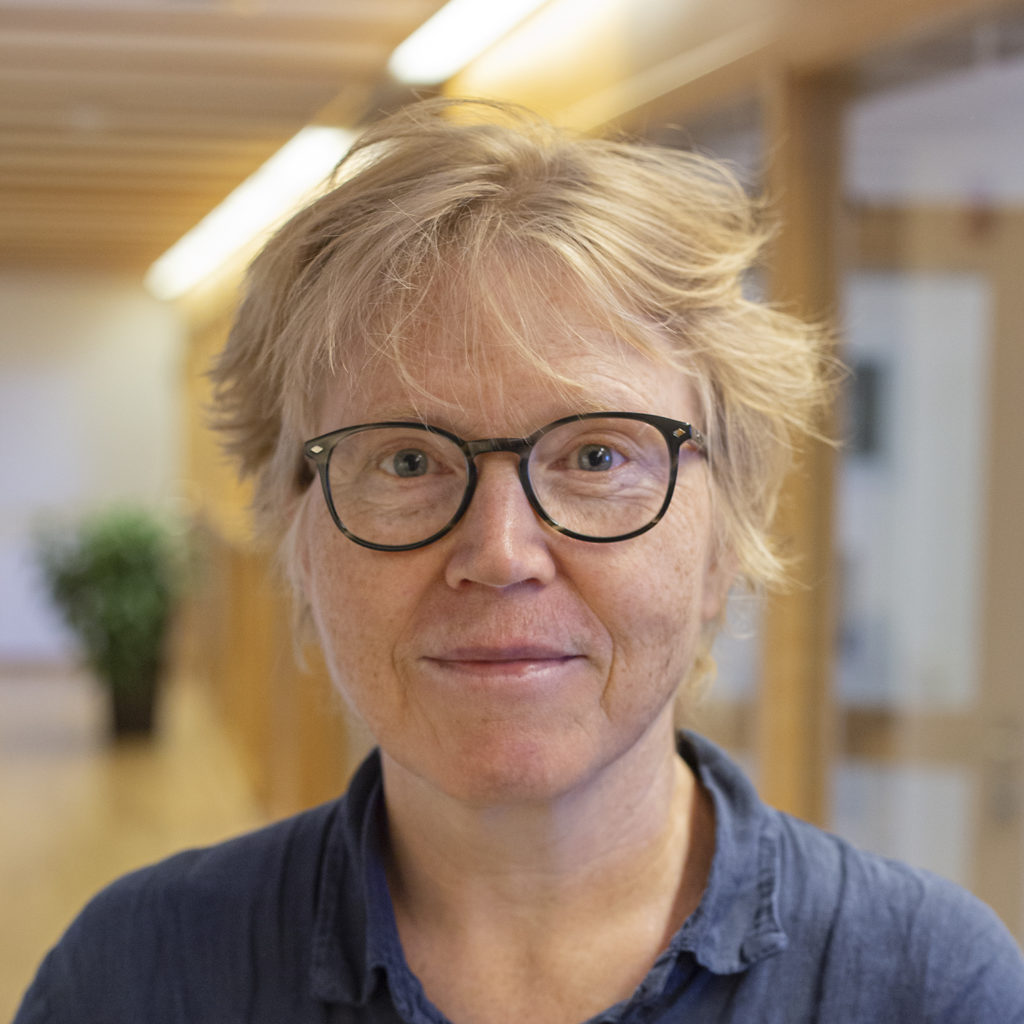
Gina Fraas Henrichsen is a researcher at the Center for Health Sciences Education at the Faculty of Medicine, University of Oslo. Her research interests are knowledge translation in healthcare, the introduction of mindfulness into healthcare, and science studies.
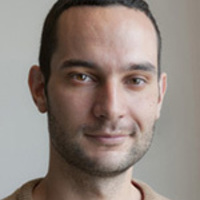
Tony Sandset is a research fellow at the Centre for Sustainable Healthcare Education (SHE) at the Faculty of Medicine, University of Oslo. He has published three books including Color that Matters: A Comparative Approach to Mixed Race Identity and Nordic Exceptionalism. His current research focuses on HIV care and prevention. Specifically, his focus is on how evidence is generated in HIV prevention and how new medical technologies informs subjectivities, desire, and sexuality. Recent publications and research areas has been sustainable health care within sexual health, HIV prevention and a focus on how evidence is made and used in support of sustainability. As part of this research lies an interest in health disparities and how we can make healthcare more equitable.
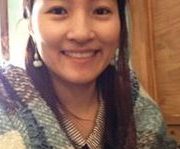
Kyung Hye Kim is assistant professor at the Department of English Interpretation and Translation, Dongguk University, South Korea. She is Deputy Director and co-founder of SISU Baker Centre for Translation and Intercultural Studies. She is a member of the Genealogies of Knowledge Research Network and an external partner of Global Health at the European University Alliance Circle U. She is also Chair of Conference Committee of IATIS, the International Association for Translation & Intercultural Studies.
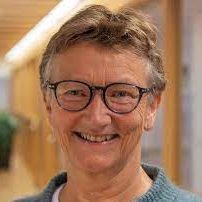
Kristin Heggen is professor of interdisciplinary health sciences at the Institute of Health and Society (HELSAM) and Director of the Centre for Sustainable Healthcare Education (SHE), University of Oslo. She combines her intellectual background from educational and social science with insights about health professions, the health sector and higher education sectors. She was the Dean of Education at The Faculty of Medicine, UiO (from 2011-2018) and received the prestigious award from University of Oslo, Faculty of Medicine for outstanding quality in academic leadership. Heggen’s research interests relates to knowledge cultures with a particular interest for epistemological issues and controversies related to evidence based practice (EBP), the production and application of guidelines, implementation of UNs Sustainable Development Goals, and the relations between various forms of knowledge, power dynamics and user involvement in health care and training of health professionals.
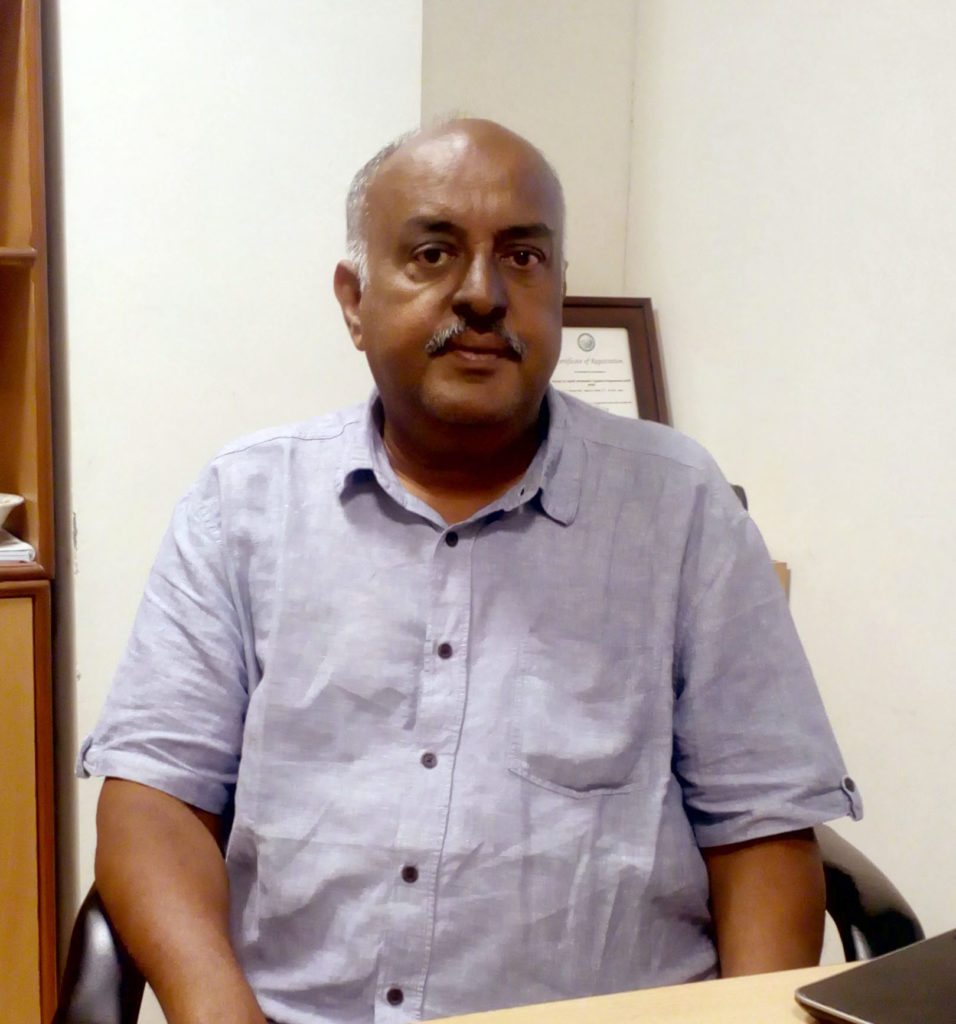
Sahay Sundeep‘s current research focus is on strengthening Antimicrobial Resistance surveillance systems in India and some sub-Saharan African countries. Taking a social science perspective on health systems, he is also focused on analyzing the nature of health inequities in developing countries and what kind of role the digital may play in mitigating these inequities. He has an Affiliate Professor position at the Centre for Sustainable Healthcare Education, Faculty of Medicine, University of Oslo, and is in the process of establishing a joint research unit called “Social Studies of AMR in a global context”. He is currently primary supervisor for 6 doctoral candidates working on diverse topics such as Antibiotics consumption from a equity perspective in India, Digital systems in Humanitarian Settings, ICT-enabled counter networks for conflict mitigation in Kenya, Digital governance from an institutional entrepreneaurship perspective in Sri Lanka, Citizenship and Digital Infrastructure in India, Patient centred HIV care in India, and Historical analysis of institutional dynamics over a 20 year perspective in the evilution of health information systems in Mozambique. He is PI on 3 grants related to AMR surveillance in India, Digital health course development, and data governance in fragile settings of Palestine and Jordan.
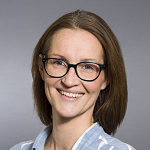
Ida Lillehagen is a researcher at the Center for Health Sciences Education at the Faculty of Medicine, University of Oslo. Her previous areas of research and publications include knowledge translation and implementation in health care, participatory research, and knowledge co-creation. Her current research interest is in Antimicrobial Resistance (AMR). Working across the borders of human, social, and medical sciences she is interested in various concepts and practices of translation that take part in contemporary global strategies to contain AMR, but also wider agendas of sustainability. Using discourse analysis and ethnographic methods she is currently investigating AMR policy and practice, aiming to connect global and local levels in new ways. She is working on the development of the SHE Corpus in the context of the project ‘Building equity in digital global health: the case of antimicrobial resistance in low- and lower-middle-income countries, studying AMR policy to understand how global and local policy construct AMR problems and solutions, and how this contributes to shaping the global response to the AMR crisis.
